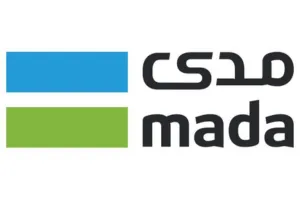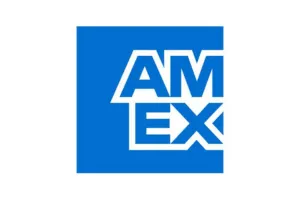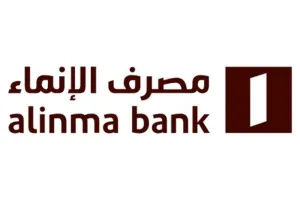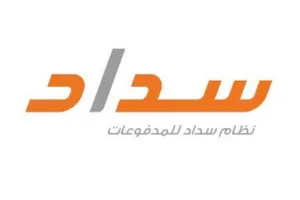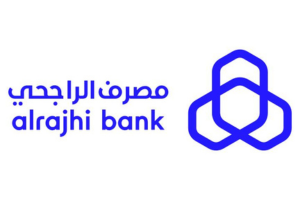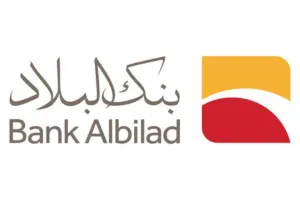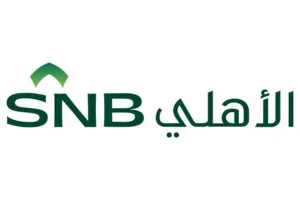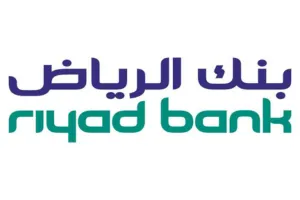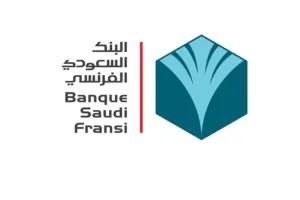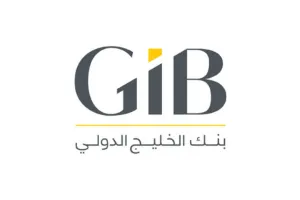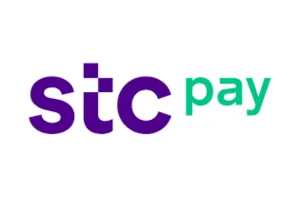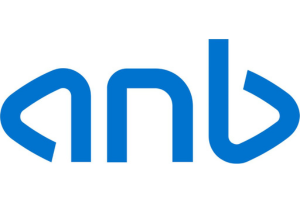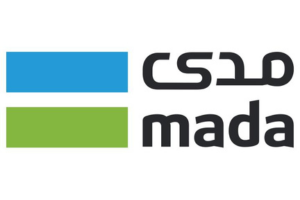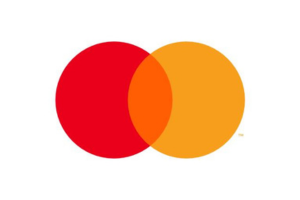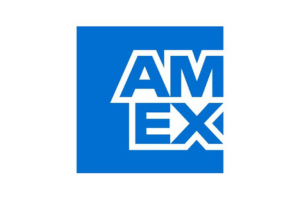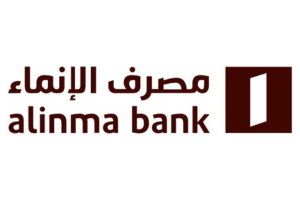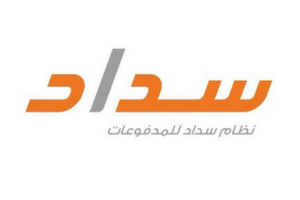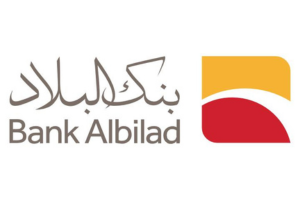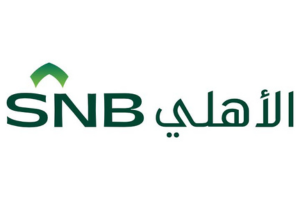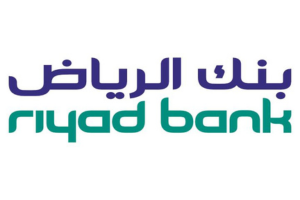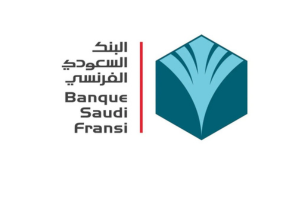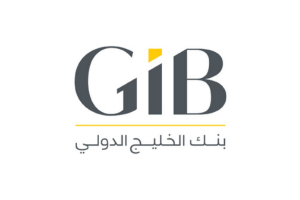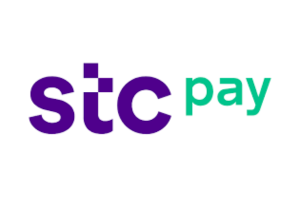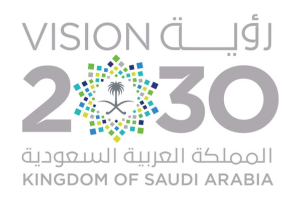Factory to produce lithium batteries used in electric vehicles
Establishing a factory specialized in the production of high-efficiency lithium-ion batteries used in electric vehicles to meet the growing demand for sustainable transportation in Saudi Arabia and the region. The plant will rely on the latest technology in battery manufacturing, with a focus on improving performance and efficiency, minimizing operational cost, and ensuring environmental sustainability.
Opportunity Content
Rationale for choosing the project
The exponential growth of the electric vehicle market
The global electric vehicle (EV) market is experiencing significant growth, driven by the shift towards clean energy and reducing carbon emissions.
Saudi Arabia is seeking to achieve the targets of Vision 2030 by supporting sustainable transportation and promoting the use of electric vehicles.
Lack of local supply
The Kingdom currently relies on importing lithium batteries, which increases the cost and affects the supply chain.
Establishing a local factory reduces dependence on imports and enhances the Kingdom’s industrial and technological security.
Encouraging investments in advanced manufacturing
The Saudi government supports manufacturing and advanced technology projects through investment incentives and financing programs.
The project is aligned with initiatives such as the National Industry and Logistics Development Program and the Saudi Industrial Fund.
Environmental sustainability
The project is in line with the Kingdom’s goals of reducing its carbon footprint and promoting clean energy.
Recycling lithium batteries contributes to reducing waste and promoting a circular economy.
Investment advantages
High investment returns
As the demand for electric vehicles increases, high returns are expected, especially as emerging markets move toward clean energy.
The internal rate of return (IRR) may be high compared to traditional industries due to the growing demand for batteries.
Government incentives and logistical support
The Kingdom provides investment incentives that include tax exemptions, financial support from the Industrial Fund, and licensing and operating facilities.
Special economic zones and industrial zones can be utilized to reduce production costs.
Industrial integration and export opportunities
Possibility of integration with local electric vehicle factories and regional factories to supply batteries.
Potential to export batteries to the GCC, Middle East, and North Africa, boosting revenues.
Supporting innovation and technology
Investing in R&D enhances competitiveness by producing more efficient and longer-lasting batteries.
Potential to collaborate with local universities and research centers to develop new battery technologies and improve manufacturing techniques.
Demand analysis
Local demand
The Kingdom plans to increase the number of electric vehicles in the domestic market by supporting charging station infrastructure and encouraging their use.
Initiatives such as the Seer project (Saudi Arabia’s first electric car brand) reinforce the need for locally-made batteries.
Regional and global demand
Gulf countries are adopting policies to reduce emissions and promote electric vehicles, which is increasing the demand for batteries in the region.
Globally, the lithium battery market is expected to reach more than $150 billion by 2030, with increased demand from major electric vehicle manufacturers.
Challenges and opportunities
Global competition is strong, but the availability of natural resources such as lithium in the region and R&D potential gives the plant a competitive advantage.
The evolution of battery technologies may change market requirements, so investment in innovation must be made to ensure the sustainability of the project.
Financial indicators
The size of the investment: 800 million to 1,200 million SAR.
Total annual revenue: SAR 600 million to SAR 900 million.
Expected profit margin: SAR 120 million to SAR 225 million per year.
Internal Rate of Return (IRR): Estimated at 14% to 18%.
Capital payback period: 5 to 7 years.
Break-even point: Within 4 to 6 years of startup.
Expected demand: Production of 50 to 100 million battery units per year.
Features of the project
1. Supporting the Kingdom’s clean energy trends
The project is in line with Vision 2030, which aims to reduce carbon emissions and increase the use of electric vehicles.
Strong government support for environmental projects and clean technology.
2. Fast-growing market and growing demand
Global demand for lithium batteries is growing rapidly and is expected to double over the next decade.
Growing adoption of electric vehicles in Saudi Arabia and the GCC is boosting local and regional market opportunities.
3. Reduce import dependency
The plant helps reduce battery imports, enhancing industrial security and reducing logistics costs.
Providing competitively priced batteries to local factories, such as Seer’s electric vehicle project.
4. Government incentives and investment encouragement
Financing facilities from the Saudi Industrial Fund and advanced industrial project support programs.
Access to tax exemptions, licensing and special economic zones.
5. High export opportunities
Possibility of exporting to the Gulf, Middle East, and African markets, which increases financial returns.
Supporting Saudi ports and developing logistics services facilitates the export process and reduces operational costs.
6. Innovation and sustainability
High-performance, long-life, and faster charging batteries can be developed by investing in research and development (R&D).
Establishing a battery recycling unit promotes sustainability and reduces industrial waste.
7. Job Creation
The project will create hundreds of jobs in the fields of manufacturing, engineering, research and development, and logistics.
Supporting knowledge transfer and technical training for national cadres in the advanced industries sector.









